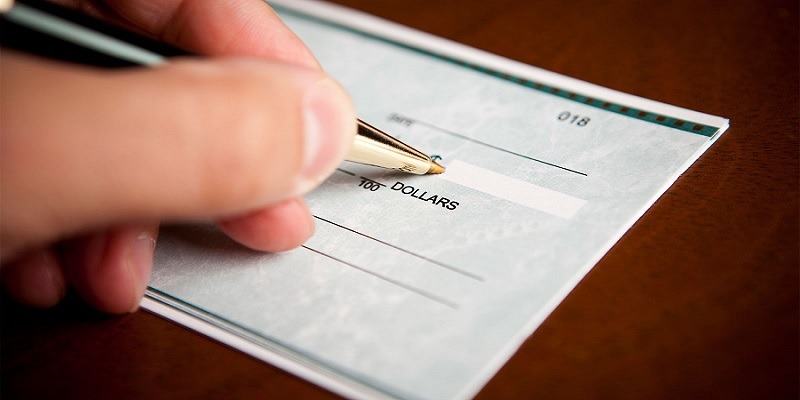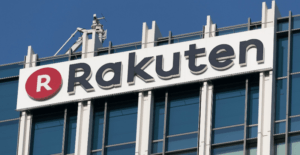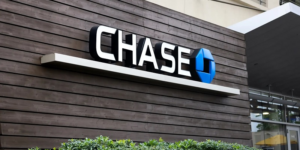 You just got a check and you deposit it, but how long do you wait until you’re able to use the check? Well in this post we’ll go over the fundamental rules and possibilities after you deposit your check.
You just got a check and you deposit it, but how long do you wait until you’re able to use the check? Well in this post we’ll go over the fundamental rules and possibilities after you deposit your check.
It’s safe to always wait a couple of days after you deposit your check, but how long until it’s in your account, and what happens if it bounces? Check out our Bank Bonuses, Saving Rates and Credit Card Bonuses!
Editors Note: After you’ve gone over this post and need help writing and understanding the components of a check, be sure to check out our posts on Guides to Checks and How to Write Dollars and Cents on a check.
How Long To Wait After Depositing A Check
Funds Available Rule
- Whenever you deposit a check, your bank will make funds available for you to use before it’s clear. They are legally required to do so. Keep in mind that this doesn’t mean that your check has been cleared so spend your money carefully.
- A check generally takes 2-3 days to clear
- A certain amount of the check will be available for you to use. For example if you deposit a check for $500, depending on your bank, $200-$400 will be available for you to use before your check is cleared. The remaining amount will be deposited into your account in 2-3 days.
What Does it Mean to Clear a Check
- When a bank clears a check, they are validating the funds available in the account that’s transferring the money. When there is a sufficient amount of it in the account, the check will clear and the transfer will be made. To be on the safe side, be sure to find out precisely when the money has been transferred for validity.
What Happens If Your Check Bounces?
- If your check is to ever bounce, whatever available funds you spent is your responsibility. You might have to replace it if this situation ever rises.
What If You’re Doubtful of The Check?
- If you’re ever to receive a suspicious check, deposit it and wait a full 30 days before spending any funds, including your available funds. Checks written by fake or empty accounts will take a couple of weeks to bounce. If you ever receive a suspicious check from a foreign bank, wait even longer. If there is ever a problem with the check, you should hear about it within 30 days.
Additional Risks
- If your check is to bounce after you’ve spent a hefty amount of your available balance, you will be responsible for reimbursing the bank with your valid funds. This shouldn’t be a problem if you have enough money, but if you’re running low it could become a problem and cause you to have a negative balance. When you have a negative balance, your debit card will be declines and all checks made with be returned unpaid.
- Common scams can occur as well if you’re not careful enough, especially if it’s a large check. Cashier Check Scams work by causing confusion when a check is set to be cleared. Unfortunately, there’s usually nothing you can do to get your money back.
- Another risk to your account in addition when and if you get a negative balance, are fees. A bank may sometimes charge you for depositing a bad check. Not only that they can charge you for insufficient funds as well as overdraft charges. If you write a bad check to a business or people, they may charge you additionally for it as well.
Alternatives to Check
- If you want an alternative to checks, look into wire transfers and money orders.These are your best bet if you don’t want to use checks. Wire transfers are possibly your safest bet when it comes to transferring money from your account to someone else’s and visa versa. The money will show up if it really exists and the transfer is usually irreversible. Money orders are different, but can run into the same problems as checks, so be aware of the risks of using money orders as well.
When a Bank Holds Your Check Payment
Whenever you deposit a check into your bank account, your financial institution may place a “hold” on the deposit, which keeps you from accessing the money. Automatically, the minimum that for holds that banks put on your checks are one-day. They do this to make sure the check is legitimate so that they don’t pay or credit your account with money from a bad check.
If a bank does place a hold on your check, they are required to give you a receipt that includes the payment release date. Make sure you check your account on that day to ensure that it hits your account.
 |
 |
Bottom Line
Despite all the risks that come with checks, they usually never happen. Checks are a simply and easy way to transfer funds. Most of the time 100% of your check will be deposited before the usually policy time so you usually don’t have to wait a full 3 days before your check is cleared.
If you’re interested in more banking posts that we have written, be sure to check out our Bank Bonuses, Saving Rates and Credit Card Bonuses!




Leave a Reply